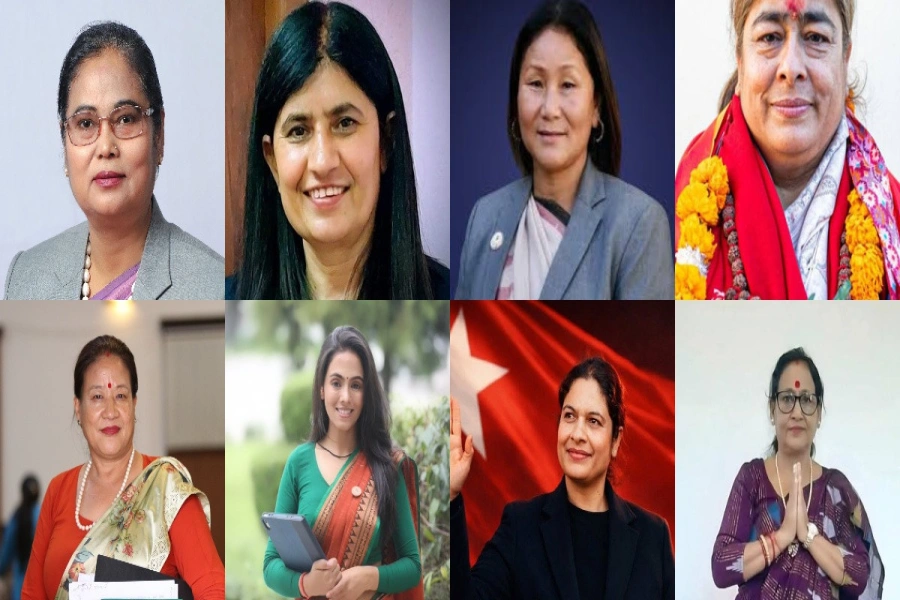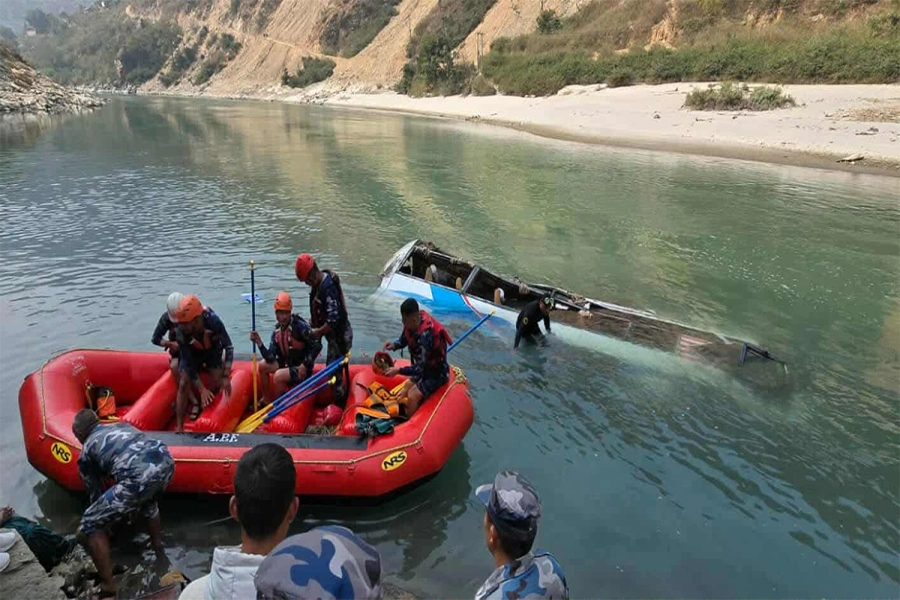KATHMANDU, Oct 13: Parliament has endorsed a bill that bars the filing of any court case questioning any act of the provincial governors, who are to be appointed soon.
The bill, which was endorsed by parliament on Friday, states that no one can file a case in any court of law against a governor during and after his/her tenure, for any decision or action taken in the capacity of governor.
Section 16 of the new law will give the governor a special privilege, just like with the president. Parliament last month endorsed a bill that bars anyone from filing a case against the president for any action taken by him/her during the tenure as head of state.
Law placing prez, veep above litigation proposed

"No case shall be filed at any court of law against a Governor during their tenure or after retirement in connection with their acts or decisions taken while in office," reads Section 16 of the now-endorsed Bill to Provision Remunerations and Facilities for the Governors.
Minister for Law Yagya Bahadur Thapa said the bill was formulated in view of the urgency of appointing the governors, and the provisions were included in view of the nature and sensitivity of those posts.
The government is yet to appoint governors for the provinces. With the elections for all the provinces scheduled in November and December, the governors are likely to be appointed soon.
Parliament has endorsed the bill's provisions providing Rs 64,000 a month as salary, Rs 18,000 a year as dress allowance and Rs 40,000 a month as hospitality allowance for the provincial governor.
Similarly, the bill has a provision of providing Rs 3,000 a day as travel allowance within the country and US$ 250 a day while traveling abroad. Each governor is entitled to an insurance package of Rs 1.5 million.
While the government will provide the residence, vehicles and fuel for each governor, the latter will be eligible for a maximum 12-member secretariat.
The governor's key responsibilities include summoning and proroguing sessions of the Provincial Assembly, issuing ordinances, certifying bills, administering oath of office and secrecy to the chief minister and ministers of the respective province and acting as a representative of the Federal Government of Nepal in the province.
The government has set out criteria for the selection of the governors. The aspirants must be experts in the fields of law, administration and constitution. A candidate mustn't be a member of any political party at the time of recommendation. Governors will be appointed by the president upon the recommendation of the government.







































